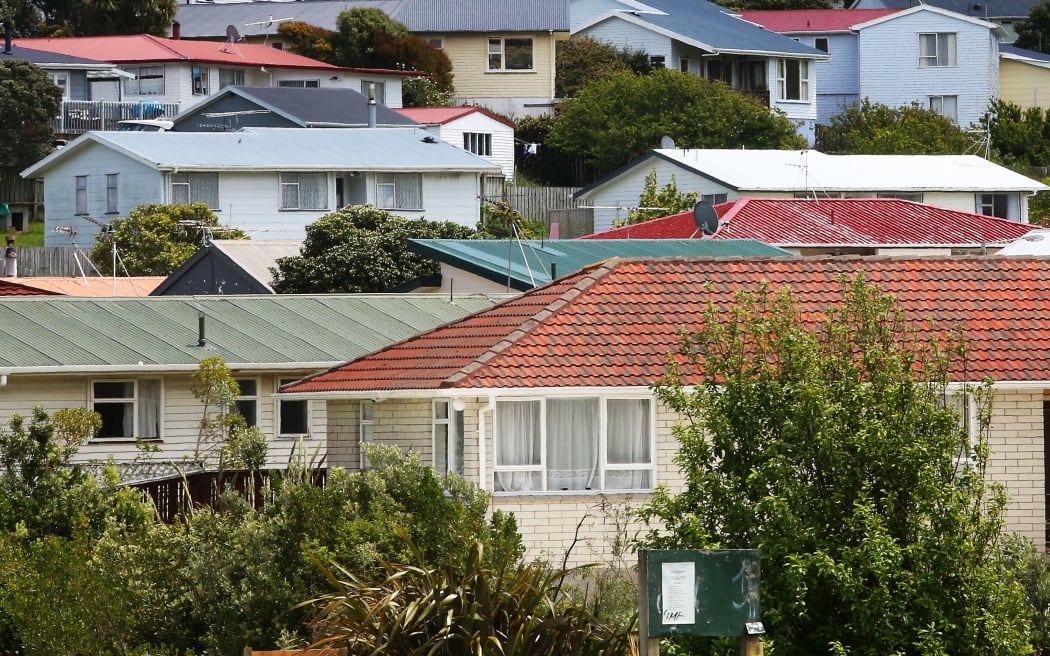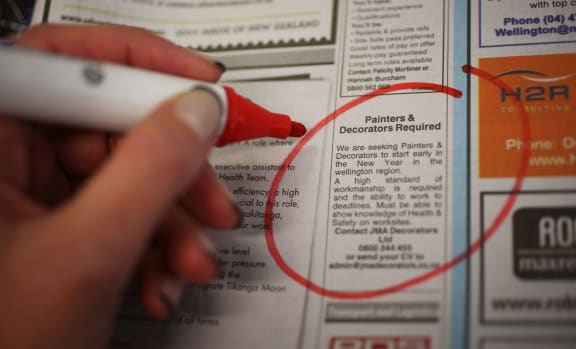With another election looming, what are some of the main political issues for tāngata whenua?
Here are some of the leading take (issues) for Māori as they go to the polls on Saturday: Te Reo Māori, education, housing and employment.
As of last month, 226,745 tāngata whenua were enrolled to vote for candidates in the seven Māori electorates.
For some New Zealanders, the chance to vote is empowering, but for a selection of Māori the opportunity seems a waste of time. That is evident from electoral figures from the 2011 election, which report that 37 percent of tāngata whenua from all seven Māori electorates did not vote.
But why should it be seen as important to sign up to be able to go to the polls?
Keeping Te Reo alive
According to Ashlee Peacock, of Ngāpuhi, Te Aupouri and Ngātiwai, it is a chance for her to have a say on who she wants representing her interests.
The 19-year-old Waikato University law student said she hoped that by ticking the boxes she would make a difference. She said Te Reo Māori was a topic she would be watching and suggested it had the power to bring people together.
The issue of how to keep Te Reo a living language appears to be more widely debated this election round as a result of the Māori Party's policy to create an over-arching tribal-led entity to provide leadership on the language, Te Mātāwai, which has passed it first reading in the House.
A range of language advocates have aired their concerns about plans for the new body because they fear an iwi-run organisation could mean the government of the day would not be held responsible for the survival of the indigenous language.
Many whānau Māori are also keeping an eye on what will happen to the Waitangi Tribunal claim taken by Kōhanga Reo.
Māori pre-schools were set up in the 1980s to respond to a decline of the language's status - a slide partly pinned on the State previously ruling that Te Reo could not be spoken in schools. It is a history many kaumātua (grandparents) tell their grandchildren about.
Though the estimated 460 Māori pre-schools are still operating from day-to-day, their national trust board has a big question the next Government will have to answer: When will the Crown respond to its concerns two years after the Waitangi Tribunal issued its recommendations.
They include that the Crown apologise for severe prejudice shown to the movement by successive governments and one suggestion, which has been actioned, calling for the appointment of independent adviser Sir Michael Cullen to gauge from both sides how to help improve the Crown-Kohanga relationship.

Photo: RNZ / Diego Opatowski
Housing
Another high profile issue for tāngata whenua is the state of housing in Aotearoa and what solutions the next Government could provide.
Statistics New Zealand last year released the Perceptions of Housing Quality, which found 21 percent of Māori believe their home is too cold and 17 percent their home too damp.
Far North family GP Lance O'Sullivan wants the problem addressed for the sake of the health of children and told Te Manu Kōrihi that living in those kinds of environments leads to poor health, particularly respiratory problems.
Iwi across the motu (country), including Ngāti Whātua, have been striving to provide better housing for iwi descendants.
Employment
Māori voters are also likely to be keen to vote for parties which can deliver on employment. Statistics New Zealand data shows the last Government made some progress in lifting employment.
Latest figures show tāngata whenua in work rose to 267,000 in the June quarter, up 3 percent compared with the same period a year ago.

Photo: RNZ / Diego Opatowski
Unemployment in the June quarter fell 12.8 percent to 11 percent - or 33,000 people.
Various tribal entities are striving towards developing mahi (work) for their people in areas such as tourism, primary industries and technology thanks to what some Māori academics and researchers call "the post settlement era".
Despite all the efforts iwi and hapū are working towards, the rule-makers' policies would also help change the lives of tāngata whenua.
But in order for government policies to make a real difference for Māori, they need to influence the way policies are written by picking up a pen, ticking two boxes and dropping it in the ballot box on Saturday.




